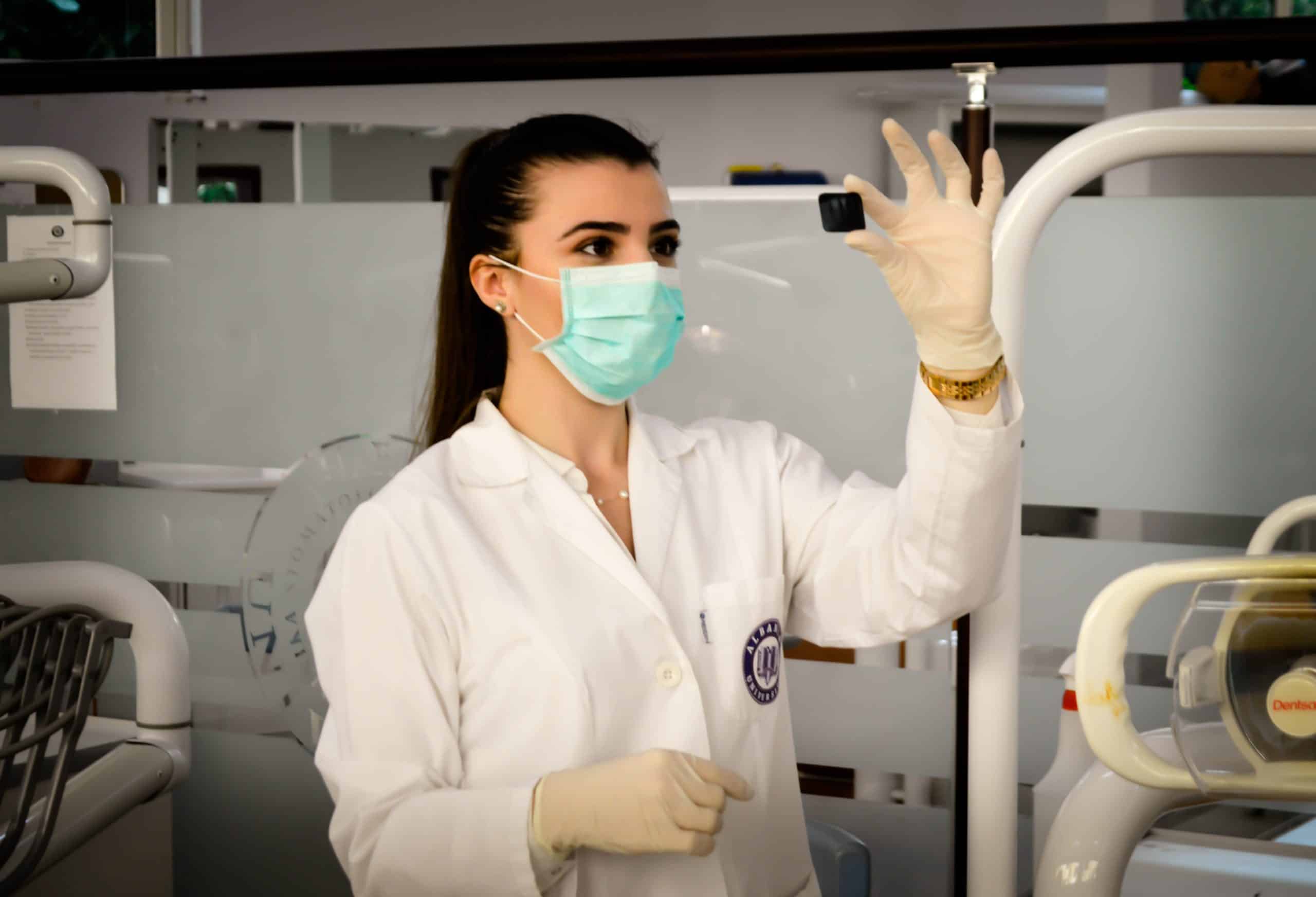
Recent advances in medicine
The realm of medicine is consistently evolving, with new research and technology development being at the forefront of the industry. The past few years have witnessed an exponential acceleration in this progression, thanks to the global attention to health issues due to the COVID pandemic. This has led to breakthroughs in several areas of medicine, including cancer treatment, gene therapy, cell technology, vaccines, and our understanding of the human brain. This article will delve deeper into these advancements that are reshaping the medical landscape and revolutionizing patient care.
Breakthroughs in Cancer Treatment
Cancer has been one of the most persistent and devastating diseases affecting people worldwide. However, promising advancements in cancer treatment have emerged, providing hope for patients.
Sujet a lire : Video game industry news
One significant development is the advent of CAR-T cell therapy. This treatment involves modifying a patient’s T cells in a laboratory to produce special structures called chimeric antigen receptors (CARs) on their surface, which can recognize and kill cancer cells. This revolutionary approach has shown remarkable results, especially in the treatment of blood cancers like leukemia and lymphoma.
Additionally, the integration of artificial intelligence (AI) and machine learning technology in the oncology field is offering timely and accurate diagnosis, aiding in personalized treatment plans. AI algorithms can predict patient responses to different therapeutics, enabling doctors to tailor effective treatments, thus improving patient outcomes.
Cela peut vous intéresser : Latest discoveries in astronomy
Gene Therapy and its Role in Disease Treatment
Gene therapy has emerged as a potent tool in the fight against several diseases. The crux of this approach lies in manipulating a patient’s DNA to treat or prevent disease.
In recent years, the study of gene therapy has made some remarkable strides. For instance, researchers have developed gene-editing technologies like CRISPR-Cas9, which involves ‘cutting’ and ‘pasting’ sections of DNA to correct gene mutations or introduce beneficial genes. This technology has the potential to treat a wide range of genetic conditions, from sickle cell anemia to certain types of blindness.
Another promising breakthrough in this field is the development of mRNA-based gene therapy. The technology made headlines after its successful application in the COVID vaccine development. mRNA vaccines work by instructing cells to produce a protein that triggers an immune response. This approach can potentially be applied to treat other diseases as well, marking a significant advancement in medical technology.
Novel Cell Technologies
Cell technology is another area where significant advancements are occurring. Stem cell therapy, for instance, has shown enormous potential in regenerative medicine, wherein damaged tissues and organs can be healed or replaced.
In the realm of immunotherapy, the study of natural killer (NK) cells has become a hot topic. NK cells have an inherent ability to recognize and destroy abnormal cells, such as cancer cells, in the body. Researchers are now focusing on how to harness this innate power for effective treatments.
Moreover, the advent of induced pluripotent stem cells (iPSCs) has revolutionized cell technology. These are adult cells that are reprogrammed to an embryonic stem cell-like state, which can then be developed into any type of cell needed for therapeutic purposes. This technology has wide-ranging applications, from drug testing to disease modeling.
Vaccine Development in the Era of COVID
Vaccine development has taken center stage in the wake of the COVID pandemic. The most striking advancement is the rapid development and authorization of mRNA vaccines by Pfizer-BioNTech and Moderna. These vaccines, which teach our cells to make a protein that triggers an immune response, were developed in record time, highlighting the potential of mRNA technology.
However, the race for a COVID vaccine has also seen the development of other vaccine platforms. The Johnson & Johnson vaccine, for instance, uses a viral vector approach. This involves using a harmless virus to deliver a piece of the coronavirus’s genetic material into cells to stimulate an immune response.
Unraveling the Mysteries of the Brain
Lastly, neuroscience has not been left behind in the wave of medical advancements. The brain, a complex organ that has baffled scientists for decades, is now becoming less of a mystery due to innovative technologies and research methods.
One such advancement is in the field of neuro-imaging. Novel imaging techniques such as high-definition fiber tracking (HDFT) have provided unprecedented views of the brain’s intricate network of connections. This has improved our understanding of brain disorders and enhanced our ability to diagnose and treat them.
Neuromodulation is another promising area. This involves directly stimulating the nervous system (typically the brain) with electrical signals or chemicals. This approach has shown great promise in treating a range of neurological conditions, from depression to Parkinson’s disease.
The continued investment and interest in medical research and technology will undoubtedly lead to more breakthroughs in the future. These advancements not only increase our understanding of health and disease but also improve the quality of care and treatment for patients worldwide.
Integration of Virtual Reality in Healthcare
The use of virtual reality (VR) in healthcare has been making waves, offering innovative solutions to a multitude of medical challenges. VR technology creates a simulated environment, allowing healthcare professionals and patients to interact with that environment in ways not previously possible.
One of the key areas where VR is making a significant impact is surgical training. By simulating complex surgical procedures, VR provides an immersive learning experience for medical students and professionals. This can lead to improved surgical outcomes and reduced error rates. For instance, the prestigious school of medicine at Stanford University has integrated VR technology into its surgical education, enabling students to practice surgeries in a risk-free environment.
Moreover, VR is playing an instrumental role in mental health treatment. It is being used in exposure therapy, a treatment for conditions like post-traumatic stress disorder (PTSD) and phobias. Patients are exposed to anxiety-provoking situations in a controlled, virtual environment, allowing them to gradually desensitize to their fears.
Furthermore, VR can revolutionize physical and occupational therapy. Through engaging, game-like simulations, patients can relearn everyday tasks and improve motor functions, making the rehabilitation process more enjoyable and efficient.
The Role of Wearable Devices and Artificial Organs
Wearable devices have become an integral part of modern healthcare. These devices, which range from fitness trackers to glucose monitors, collect a variety of health data, enabling individuals to take a more active role in their health care. For instance, people with type 2 diabetes can use wearable devices to continuously monitor their blood glucose levels, allowing for better disease management.
Artificial organs, on the other hand, serve as a promising solution for patients awaiting organ transplants. Recent progress in bioengineering has led to the creation of artificial organs such as hearts, kidneys, and lungs. These artificial organs can mimic the function of their natural counterparts, making them a viable option for patients with organ failure.
In the United States, clinical trials are underway for bioartificial kidneys, which combine synthetic materials with human cells. If successful, this could greatly reduce the need for dialysis and kidney transplants, significantly improving the quality of life for patients with kidney disease.
Conclusion: Shaping the Future of Medicine
The field of medicine is in a constant state of evolution, with new research and technology continually reshaping our understanding of health and disease. From breakthroughs in cancer treatment and gene editing to the development of mRNA vaccines and artificial organs, the recent advancements in medicine are transforming patient care and the overall healthcare landscape.
Moreover, with the integration of technologies like artificial intelligence, virtual reality, and wearable devices, healthcare has become more personalized and efficient. These technologies not only enhance our health management capabilities but also improve the accessibility of healthcare, making it more patient-centered.
Furthermore, the continued study of stem cells, the human brain, and the immune system is paving the way for novel treatments for various diseases, including Alzheimer’s disease, prostate cancer, and lung cancer. The exploration of these areas holds great promise for the future of medicine.
As we look ahead, it’s clear that the rapid advancement of medical technology and research will continue to revolutionize healthcare. This ongoing transformation is not just improving the quality of care but also giving hope to patients around the world. After all, the ultimate goal of these advancements is to enhance the health and wellbeing of individuals worldwide, making a healthier future a tangible reality.
